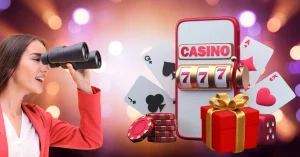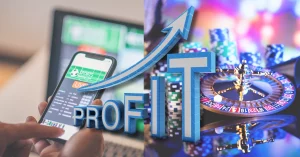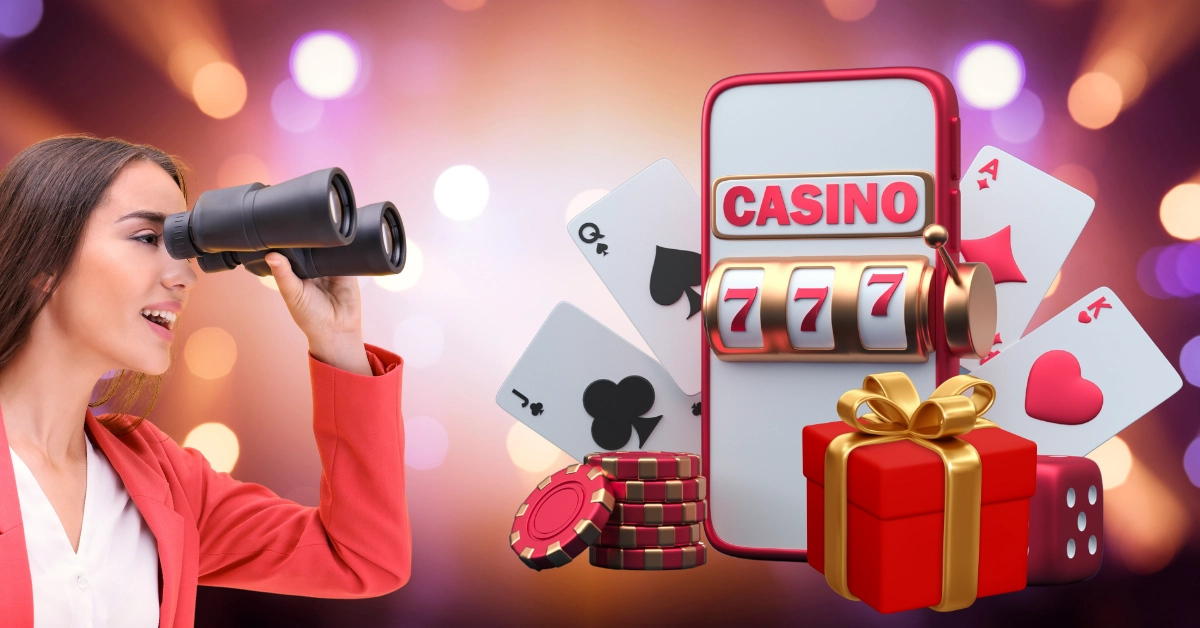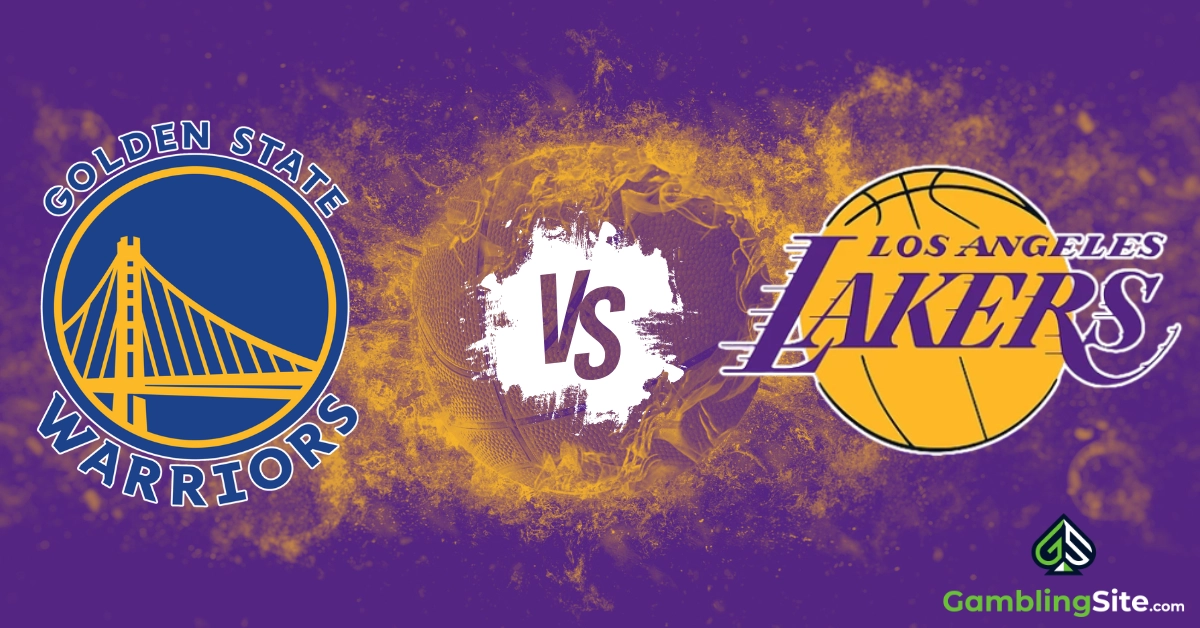Are Progressive Jackpots Worth Playing? The Truth Behind Huge Payouts
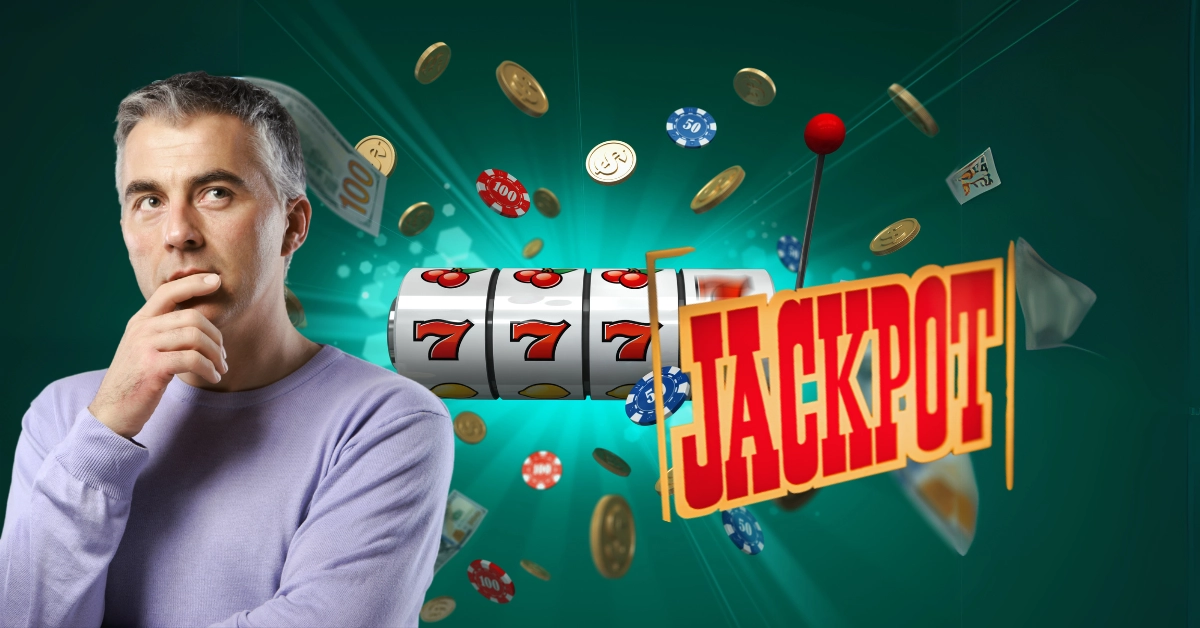
What if one single $1 spin could totally rewrite your whole life’s financial sitch?
Say hello to progressive jackpots, which are the leprechauns of the gambling world. They are mythical, mesmerizing, and almost too good to be true with their promise of fortunes with one click, and they lure players who fantasize of a life with private jets, never having to look at a price tag, and early retirements. But behind all of the lights, spins, and celebratory noises is a heartless, calculated system that is designed to keep you spinning (and spending).
We aren’t here to give you a lecture about morality or luck! But you would do well to know exactly how the jackpots operate, why the odds are stacked against you, and if they’re even worth your time—or your money. Let’s strip away the progressive jackpot and find out what’s happening with the machinery!
Here’s what we’ll be covering in our guide to progressive jackpots:
- Million-dollar payouts with lottery-level odds.
- Built from a cut of every bet, and it’s usually across casinos.
- Higher house edge than regular slots.
- Most players lose more than they’ll ever win.
- Set limits and quit while you’re ahead.
- Better value: high-RTP slots, table games, and skill-based play.
How Progressive Jackpots Work
How do progressive jackpots work? Well, they aren’t fueled by luck—they’re powered by a relentless, algorithmic grind. Every spin you make contributes to a communal prize pool, with a sliver of your bet (usually 1-10%) funneled into the jackpot’s growth. This isn’t a one-machine operation, either. Most progressives link thousands of machines across multiple casinos, which turns micro-contributions from players worldwide into prize pools that rival the GDP of small nations.
- The Jackpot Pool: Every time a player spins, a small percentage of their wager (typically 1 to 10 %) gets siphoned into the jackpot fund. This happens automatically, silently, and across thousands of machines.
- Networked Growth: Wide-area progressives link machines across multiple casinos, states, or even countries. A $0.50 bet in Las Vegas and a $1 spin in Macau both contribute to the same pot, creating prize pools that balloon into eight or nine figures.
- Seed Amounts: Casinos usually “seed” jackpots with a starting value (e.g., $1 million) to attract early players. From there, the crowd drives the growth.
Below are the types of progressive jackpots:
Standalone Jackpots
- Operate in isolation on a single machine.
- Payouts grow slower but reset to a fixed minimum after a win.
- Example: A vintage slot machine in a corner bar.
Local Progressives
- Shared among machines in one casino.
- Faster growth than standalone pots, but still limited to a single venue.
- Example: A bank of linked slots that are located near a casino’s entrance.
Wide-Area Progressives
- The Titans of the Jackpot world, like Mega Moolah or Mega Fortune.
- Pools span continents, leading to record-breaking wins (e.g., €18.9 million in 2015).
- These are the games that make headlines—and deplete bank accounts.
The Odds of Winning a Progressive Jackpot
Let’s talk about the odds, which aren’t good! Winning a progressive jackpot is less likely than going viral on TikTok when you aren’t even on TikTok. The odds range from 1 in 10 million to 1 in 50 million, depending on the game. For perspective:
- You’re 5x more likely to win an Olympic gold medal.
- The chance of being struck by lightning in your lifetime is 1 in 15,300.
- The odds of dating a supermodel: Roughly 1 in 880,000 (still better than a jackpot).
- Become a movie star: 1 in 1.5 million.
- Write a bestselling novel: 1 in 220,000.
- Get attacked by a shark: 1 in 11.5 million.
Want a look at your jackpot probabilities? The odds are brutal, and the math will never be on your side because of the following:
- Scale of Participation: More players = thinner odds. A $50M jackpot attracts millions of spins, turning your chance into a cosmic lottery.
- RNG Realities: Slots use Random Number Generators (RNGs) that spit out thousands of combinations per second. The “winning” combo is a digital ghost.
- The Lottery Comparison: Mega Millions odds are 1 in 302 million. Progressives are a little “better,” but still a Hail Mary.
Real-World Wins: Miracles or Genius Marketing?
- A Norwegian soldier won €11.7 million on Mega Fortune in 2013—after betting just $2.
- In 2015, a British mechanic landed €17.8 million on Mega Moolah.
The stories are real, but they’re also marketing gold, and casinos publicize wins to keep the hope (and your bets) alive.
The House Edge and RTP on Progressive Jackpots
Progressive slots are the casino’s favorite cash cow. Yes, regular slots usually return 96% of bets over time (RTP), progressives generally drop to 88-92%. That missing chunk? It’s the price of chasing the jackpot dream—and the house pockets the difference.
Here’s where your money really goes:
- RTP (Return to Player): Standard slots average 94-96% RTP. As we said above, progressives usually drop to 88-92% because a chunk of every bet feeds into the jackpot.
- The Hidden Tax: If a game has a 90% RTP, the casino keeps 10% of all of the money that’s wagered over time. On a progressive, part of that 10% builds the jackpot, but the house still banks more than on regular slots.
- Example: Bet $100,000 on a 90% RTP progressive. You’ll lose ~$10,000 on average, with $5,000 funding the jackpot and $5,000 lining the casino’s pockets.
Why Casinos Push Progressives
- They’re literal profit engines. Players chase jackpots and ignore the eroded RTP.
- Wide-area progressives create cross-casino revenue streams. Even if one venue pays the jackpot? Hundreds paid into the pot.
The Psychological Tricks That Keep Players Hooked
Casinos don’t only rely on chance, you silly geese! They weaponize psychology. Progressives are engineered to keep you spinning, even as your bank balance drops. Look below for the main tactics that are employed to keep people spinning:
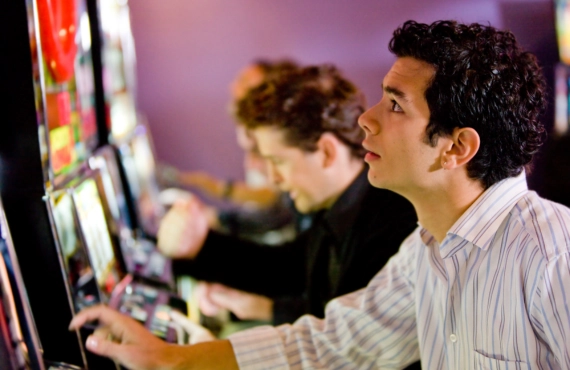
- The “Someone Just Won!” Myth: Casinos blast sirens and lights for even the smallest wins, which creates the illusion (illusion being the operative word here) of frequent payouts. Players think, “If they won $10, I can win $10 million!”
- Near Misses: Slots are programmed to show “close calls” (e.g., two jackpot symbols + a cherry). Your brain processes this as a near-win, and that triggers a “try again” impulse.
- Sunk Cost Fallacy: After losing $500, most players will think, “I’ve come this far—I can’t quit now!” The jackpot has now become a financial black hole.
- Anchoring Bias: That $10 million jackpot number? It sticks in your mind, and that makes a $100 win feel like small potatoes. What happens? You keep chasing the anchor and ignoring mounting losses.
When (and If) It’s Worth Playing Progressive Jackpots
Look, progressive jackpots aren’t for everyone. They’re a high-cost, high-drama gamble—and knowing when to play (or walk away) is super important.
Consider Spinning If
- The Jackpot Is “Overdue”: Some believe jackpots hit after reaching a statistical average. FYI: This is the gambler’s fallacy—the odds reset with every spin.
- You’re Budgeting for Fun: Allocate $20 like you would an “entertainment spend,” like a night out.
- You Understand the Math: You’re okay with a 90% chance of losing your stake for a dopamine rush.
Stay Away from Progressives If
- You’re Chasing Losses: Progressives are terrible for recovery—they’re volatile and expensive.
- You Want Consistency: Stay with blackjack or roulette for more predictable outcomes.
- You’re Risk-Averse: The psychological toll of constant “near misses” can be super exhausting.
- You’re on a Tight Budget: These games burn cash faster than a drunken sailor.
- You Crave Control: Progressives are total chance. Prefer skill? Hit the poker tables.
– Player A spends $100 on a 96% RTP slot: Loses ~$4 on average.
– Player B spends $100 on a 90% RTP progressive: Loses ~$10, with a 1-in-10-million shot at millions.
– Who had more fun? Probably Player B. But who kept more cash? Player A.
Alternative Gambling Options with Better Long-Term Value
If you’re tired of feeding the jackpot beast, the following alternatives have much better (and smarter) odds:
High-RTP Slots (96%+)
If you’re tired of watching your cash vanish into the progressive jackpot void, high-RTP slots are your antidote. RTP (Return to Player) is the percentage of bets a game pays back over time—think of it as the slot’s generosity rating. The closer to 100%? The better!

- Blood Suckers (98% RTP): The vampire-themed slot isn’t all fangs and fog—it’s a cash-saver. For every $100 wagered, it returns $98 long-term. Low volatility means smaller, frequent wins, and that keeps your bankroll alive longer. It’s great for the players who want to sip coffee, not chug adrenaline.
- Starmania (97.87% RTP): A cosmic slot that has steady payouts. Its “low volatility” design dishes out small wins like clockwork, and that makes it good for casual play. You won’t hit a million here, but you’ll stretch your budget further than any progressive.
- Other Gems: Ooh Aah Dracula (97%), 1429 Uncharted Seas (98.6%). These games prove you don’t need jackpots to walk away smiling.
- Why It’s Smarter: A 98% RTP slot is like buying a $100 gift card for $98. Progressives? You’re buying that same card for $90 and hoping for a miracle.
Blackjack (House Edge: 0.5%)
Blackjack is the closest thing to a fair fight in casinos—if you play your cards right. The house edge starts at ~0.5% with a perfect basic strategy, which is learnable in an afternoon.

- Basic Strategy: A cheat sheet that tells you when to hit, stand, or double down based on your hand and the dealer’s upcard. Memorize it, and you’ll slash the house edge to near zero.
- Side Bets? Just Say No: Games like “21+3” or “Perfect Pairs” have edges as high as 10%. They’re just shiny distractions that are designed to get your bankroll.
- Example: Bet $10,000 over time with a basic strategy. You’ll lose ~$50. The same amount on a progressive slot? You can kiss $1,000 goodbye.
Video Poker (99%+ RTP with Strategy)
Video poker is the unsung hero of skilled gambling. Games like Jacks or Better will reward sharp decision-making, not dumb luck!

- Jacks or Better: Starts out with a 99.54% RTP if you play perfectly. Discard the right cards, and you’ll turn a $100 bankroll into $99.54 long-term—meaning you will practically break even.
- Strategy Charts: Free online guides tell you exactly which cards to hold. Print one, laminate it, and bring it to the casino (yes, it’s allowed).
- Deuces Wild & More: Variants like Deuces Wild (98.9% RTP) or Double Bonus Poker (99.1%) have even bigger payouts for those with strategic play.
Sports Betting (For Analytical Minds)
Sports betting is where math nerds feel right at home. Unlike slots, you can tilt the odds in your favor with research and discipline—it’s work, but it’s the closest you’ll get to “beating the house.”

- Exploit Odds Discrepancies: Bookmakers aren’t perfect. If one site posts the Lakers at +150 while another has +180, pounce on that mismatch STAT.
- Bankroll Management: Never bet more than 1-5% of your budget on a single game. A $1,000 bankroll = $10-$50 per bet.
- Analytics Tools: Use stats sites like Sports-Reference or models like Expected Goals (xG) in soccer to find the undervalued bets.
- Example: A $100 bet at +200 odds has a 33% breakeven chance. If your research shows that the real probability is 40%? Now that’s value!
Bankroll Management for Jackpot Players
Chasing jackpots without a plan is like skydiving without a parachute, and you wouldn’t do that, would you? Of course not! So have a survival kit at hand with the following guidelines:
Treat progressive jackpots like they are a luxury splurge and not a necessity. By allocating only 5% of your total gambling budget to the high-risk games, you minimize losses while still indulging the “what if?” itch.
Here’s how you can do it:
– $100 budget: $5 for jackpot spins, $95 for games with better odds (blackjack, roulette, or high-RTP slots).
– Why it works: Progressives are money-drainers, and this guideline guarantees that the slots don’t swallow your whole bankroll.
Decide on what your maximum loss is before you hit “spin.” And once you hit that number? Walk away—no excuses.
– Example: If you set a $20 loss limit on progressives, stop immediately if you burn through it. Switch to a 96% RTP slot to recoup your losses slowly.
– Pro tip: Write your limit on your phone or hand. And if your emotions start to run high? That written reminder will hopefully keep you grounded.
Always use casino promotions (free spins, deposit matches) to fuel your progressive play if you can—try not to use your own cash!
– How: Claim a “100% deposit match up to $100” offer and use the bonus funds on jackpots, and that keeps your money safe.
– The trap: Don’t chase any wagering requirements on progressives. The games’ low RTP makes clearing bonus terms basically impossible, so only play the games with high-RTP games to meet wagering requirements.
Set a timer for 30 minutes max per progressive session. Why? Because of the following:
– Decision fatigue: After 30 minutes, your judgment goes south, and that means that the losses pile up faster.
– Example: Play Mega Moolah at 8:00 pm and stop at 8:30 pm—no matter how “close” to winning you feel you are getting.
– Alternate: Use the time limit to rotate between games—it will keep your noggin working and your spending disciplined and under control.
The rules above turn possible reckless gambling into a calculated game. You’re not completely avoiding risk, but you are containing it.
Conclusion: Are Progressive Jackpots Worth It?
Progressive jackpots are the Tilt-A-Whirl of gambling: thrilling, nauseating, and are best enjoyed in moderation. Fun? Absolutely. Sustainable? Only if you get off before the spins bust your budget, and you’re frantically looking for the nearest trash can to barf in. They’re not “investments” or “strategies”—they’re just expensive entertainment.
The Final Verdict
- For Fun-Seekers: Play with a strict budget. That $10 million dream is fun…until it ends up costing you $10K.
- For Pragmatists: Skip progressives. High-RTP games and skill-based options all offer way better ROI.
- For Everyone: The house always wins. But if you’re okay with losing for a shot at glory, spin responsibly.
Progressive jackpots are literally designed to make you forget the math. Don’t! Enjoy the rush, but never bet more than you’d spend on a Chipotle order. And if you do somehow hit the jackpot? Tip your server if you’re playing at a physical casino (you don’t have to tip anyone if you won on an online casino), and then hire a good financial advisor.

Alyssa contributes sportsbook/online casino reviews, but she also stays on top of any industry news, precisely that of the sports betting market. She’s been an avid sports bettor for many years and has experienced success in growing her bankroll by striking when the iron was hot. In particular, she loves betting on football and basketball at the professional and college levels.

